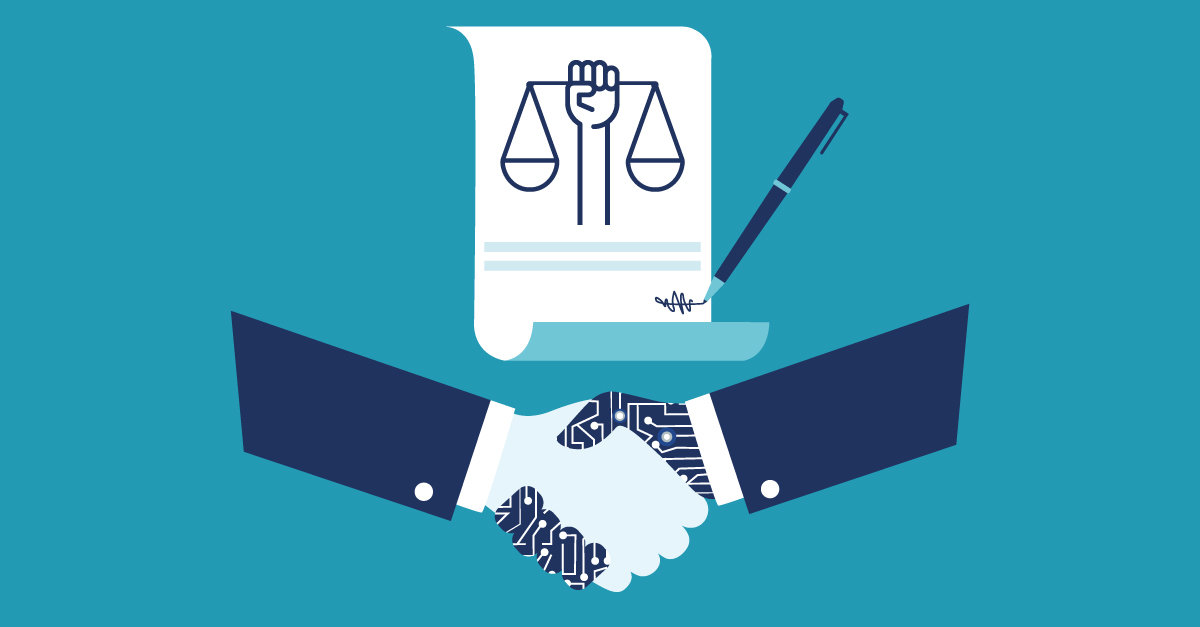
Should there be more government regulations on tech companies to protect user privacy?
In recent years, the rapid growth of technology has brought about new opportunities and challenges for protecting user privacy. As tech companies collect, store, and process vast amounts of personal data, concerns have been raised about the potential misuse of this data by both the companies themselves and third parties. To address these concerns, governments around the world have begun to implement regulations to protect user privacy on tech companies.
One of the most significant regulations in this area is the General Data Protection Regulation (GDPR) in the European Union. The GDPR, which came into effect in 2018, gives EU citizens more control over their personal data and imposes strict fines for noncompliance. The regulation requires companies to obtain consent from individuals before collecting and using their personal information, to inform individuals about how their data will be used, and to provide individuals with the right to access, correct, and delete their data. Additionally, the GDPR requires companies to implement appropriate technical and organizational measures to protect the security of personal data.
In contrast, the United States does not have a federal law specifically dedicated to user privacy on tech companies. However, there are several sector-specific regulations such as the Health Insurance Portability and Accountability Act (HIPAA) and the Children's Online Privacy Protection Act (COPPA) that protect user data in certain contexts. For example, HIPAA regulates the use and disclosure of protected health information, while COPPA regulates the collection of personal information from children under 13.
In India, the Personal Data Protection Bill, 2019 was introduced in the Lok Sabha which is yet to be passed. The bill aims to protect the personal data of individuals, and to regulate the collection, storage, and processing of personal data by anybody corporate. It lays down the grounds for obtaining consent, rights of the data principal, penalties, and compensation for violation of the provisions of the bill.

.jpg)
In Japan, the Act on the Protection of Personal Information (APPI) came into effect in 2005. It requires companies to obtain consent from individuals before collecting and using their personal information and to take appropriate measures to protect the security of personal information.
While government regulations can play an important role in protecting user privacy, it is also important for tech companies to take responsibility for protecting user data. Self-regulation by tech companies can include implementing appropriate security measures, being transparent about data collection and usage practices, and providing users with easy-to-understand privacy settings.In conclusion, protecting user privacy on tech companies is a complex issue that requires a balance of government regulation and self-regulation. Government regulations can set standards for data protection and impose penalties for noncompliance, while self-regulation by tech companies can help ensure that user data is properly protected. It is important for governments and tech companies to work together to find the right balance to protect user privacy while also fostering innovation and growth in the tech industry.



.jpg)





